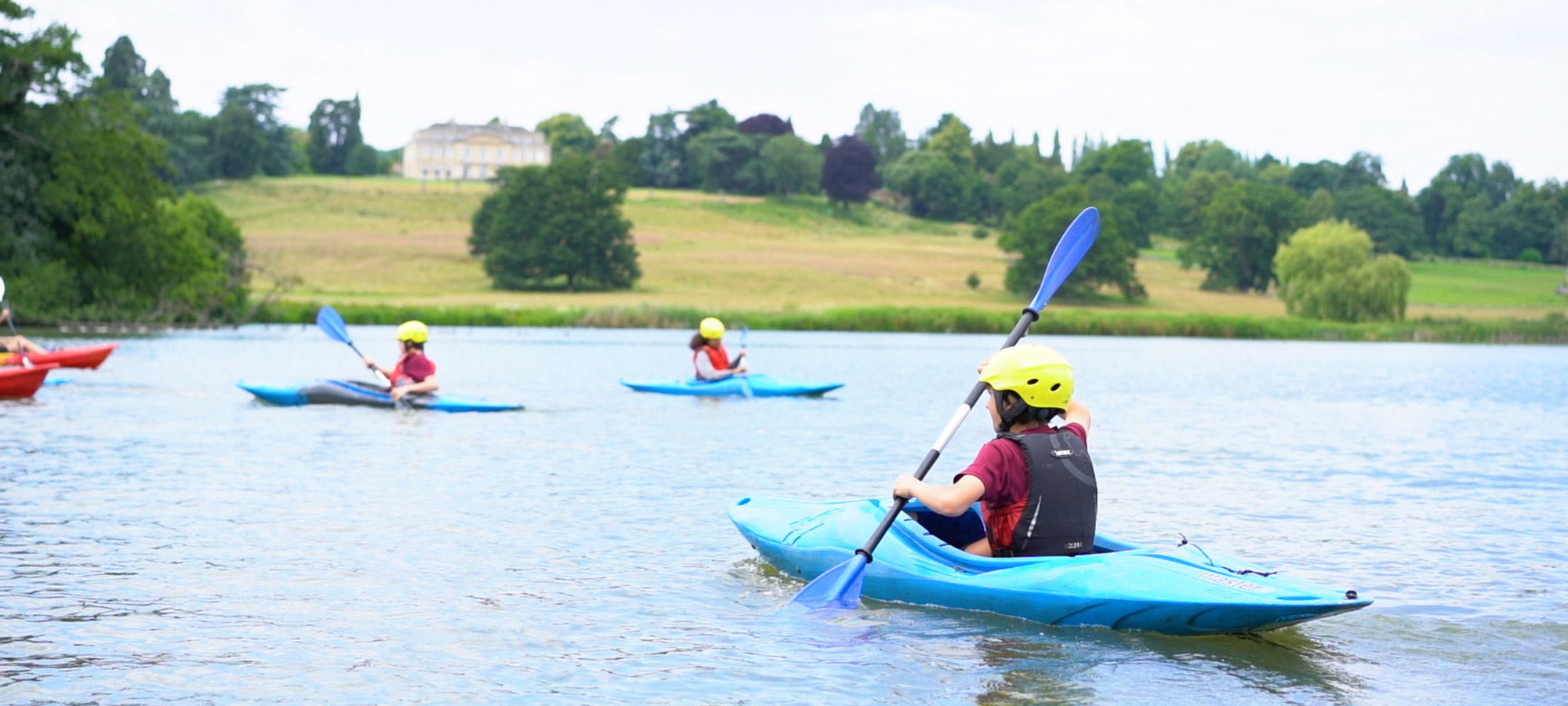Safeguarding
A Safeguarding Culture
Safeguarding is the action that is taken to promote the welfare of children and protect them from harm. Safeguarding includes protecting children from abuse, preventing harm to their health and development, ensuring children grow up with safe and effective care, and taking action to enable all children to have the best outcomes.
Fostering a culture of safeguarding is our number one priority and underpins all that we do at the Royal Alexandra and Albert School. We expect all staff and volunteers to always act in the best interests of our students, take a student-centred approach, and maintain professional curiosity that acknowledges the possibility that “it could happen here”.
To reinforce our commitment to safeguarding, we implement thorough screenings for all staff members and volunteers as part of a rigorous recruitment process. Upon joining, staff undergo an initial induction where they must confirm in writing that they have read, understood, and will adhere to our safeguarding policies. Furthermore, our INSET days include comprehensive annual safeguarding training, complemented by regular updates throughout the year to ensure ongoing awareness and preparedness.
Safeguarding and wellbeing at our school is led by the Designated Safeguarding Lead, the Safeguarding team, Disadvantaged Pupils Lead, Director of Inclusion, Language Assistant, MOD & Foundation Students’ Coordinator, Health Centre staff, Counselling team, Directors of Standards, Inclusion Coordinator, House staff, Year Leaders, and a dedicated Learning Support team. Student support is essential because we are committed to the belief that proactive and outstanding pastoral care mitigates safeguarding concerns.
We empower our staff to encourage the reporting of concerns related to students, colleagues, the headteacher, and governors, as well as the overall effectiveness of our safeguarding practices. Our guiding principle is simple: if you see something, say something.
THE SAFEGUARDING TEAM
Our Safeguarding team consists of colleagues from various sections of the school. Our Designated Safeguarding Lead and Deputy Designated Safeguarding Leads are fully trained and are specialists in our safeguarding protocols.
We continually take part in Surrey County Council Safeguarding Learning Reviews, Boarding School Associations reviews, further training and consultancy and Ofsted inspections.
Safeguarding Team Poster
E-SAFETY
In today's interconnected world, where children immerse themselves in technology from an early age, ensuring their safety in virtual spaces is paramount. Parents and schools play pivotal roles to ensure that young people are e-safe. Effective collaboration between school and home can support students with the knowledge and skills needed to safely navigate an ever-evolving online landscape. By fostering open communication, educating on potential risks, and instilling responsible online behaviours, students can harness the benefits of technology while safeguarding against its pitfalls. The information below gives parents further guidance on e-safety:
HARMFUL SEXUAL BEHAVIOUR
"Harmful sexual behaviour" (HSB), refers to the sexual abuse of other children, young people, or adults by individuals under the age of 18.
Children who engage in these behaviours can cause significant harm, similar to adults. At our school, we take a proactive approach to address peer-on-peer abuse, focusing on early detection, targeted support for victims, swift responses in collaboration with external agencies like the police, and a collective effort to re-educate young people.
Our school has implemented comprehensive and clearly communicated school-wide policies that unequivocally state that sexual harassment, online sexual abuse and sexual violence are unacceptable.
RAISING A CONCERN
Reporting a Safeguarding Concern
If you think that a child is in immediate danger you should call 999 or go to A&E now.
If you require support for an adult (18 years and over), please contact Surrey County Council Adult Social Care.
If you need help urgently for your mental health but it's not an emergency, please contact NHS Online https://111.nhs.uk/ or call 111.
Your mental health is as important as your physical health. You will not be wasting anyone's time. Information about urgent NHS mental health services can be found here.
The CAHMS website has a resource page that can provide information for families. Most of the websites are free, although some have paid components.
Reporting a Safeguarding Concern to the School
If you have a safeguarding concern to report, please contact our Safeguarding team: safeguarding@gatton-park.org.uk. This inbox is monitored throughout the year.
Reporting Online Behaviour
If parents or students witness or experience potentially criminal behaviour online or something that is ‘just not right’, the Breck Foundation has a comprehensive guide on how to report this on various social media platforms and how to report dangerous websites. Further information can be found here.
STUDENTS & SAFEGUARDING
High student awareness of safeguarding is key to ensuring that children and young people are safe. Information regarding how students can access support, and who they can speak with if they feel unsafe or an incident has occurred, is visible throughout the school. Safeguarding notice boards are located in the Senior and Junior school, Safeguarding posters are in every classroom and boarding house, and there is a rolling programme of assemblies and tutor time activities on topics such as wellbeing, drugs and alcohol, physical and mental health, e-safety, relationships and bullying.
Students can raise concerns with teachers, boarding colleagues, Health Centre nurses, the Chaplain and onsite counsellors. Additionally, students have access to an Independent Listener who can be contacted via telephone, if they wish to talk to them about something that they prefer not to discuss with a member of staff. Information regarding the Independent Listener is available on boarding notice boards in each house and on school notice boards. In cases where a safeguarding concern arises, the Independent Listener may not maintain confidentiality of such information.
ADDITIONAL RESOURCES
The link below signposts parents to a variety of websites and resources which may be useful and provide further support for families. The topics covered are wide ranging and include abuse, adoption, bedtime routines, child protection plans, cyber crime, depression and anxiety, domestic abuse, drugs and alcohol, eating disorders, forced marriages, LGBTQ+ support, self-harming, modern slavery, vaping, whistleblowing and young carers.
Safeguarding and Support Links

